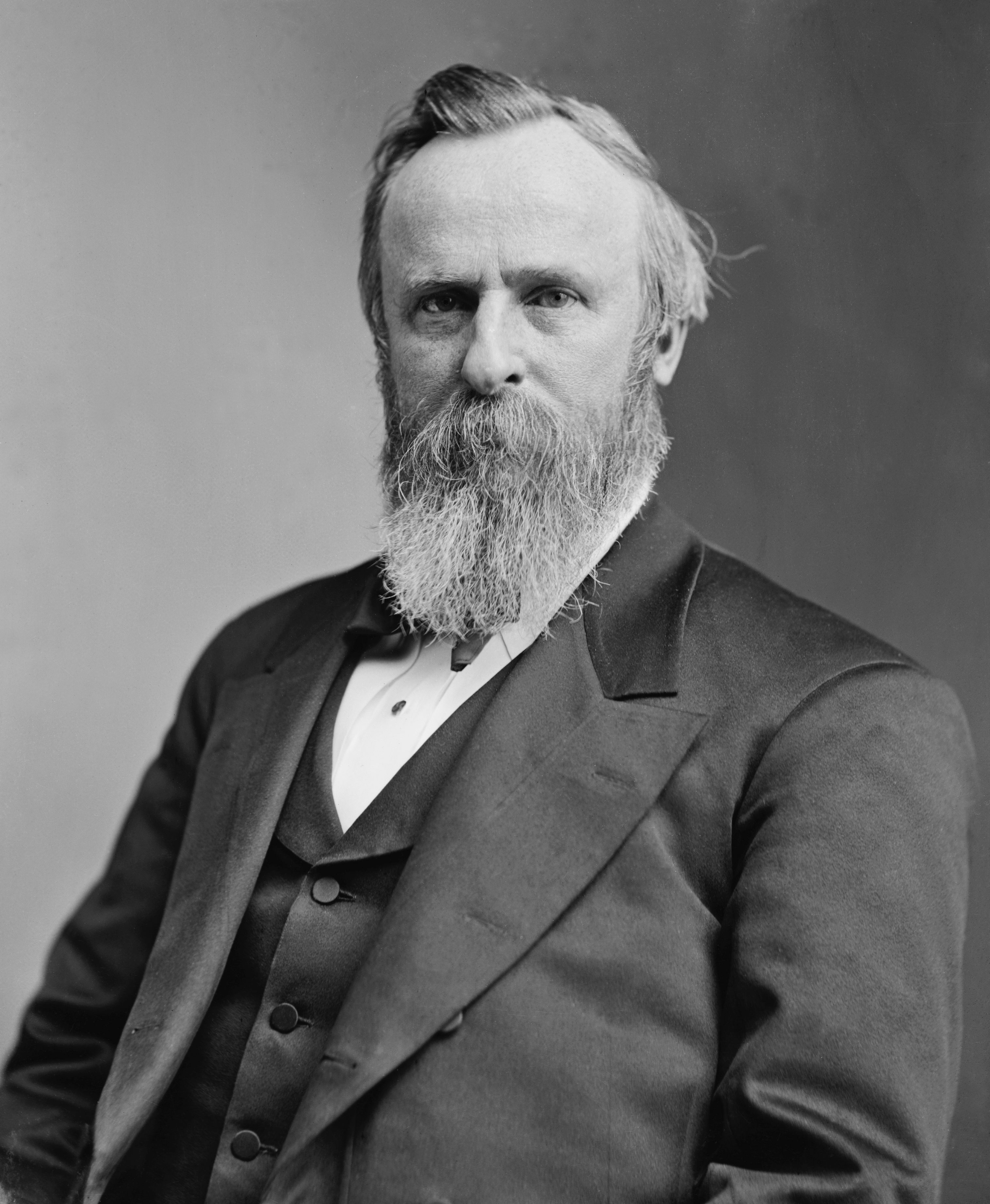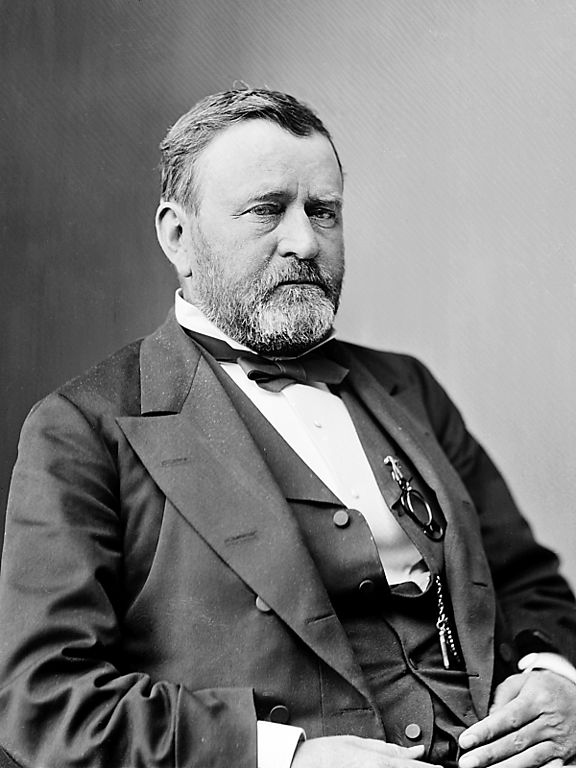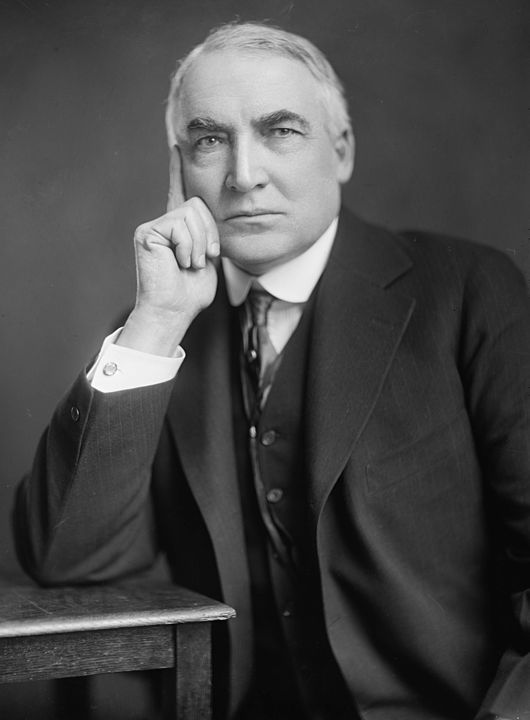The Kennedy administration took office under a small political cloud. Allegations of fraud and vote-stealing filled the air in the days following John F. Kennedy's narrow victory in November, 1960, but as president-elect and as president, Kennedy avoided any extended comment on this sensitive subject.
On November 24, 1962, the Department of Defense announced that it was awarding the $6,500,000,000 contract for 1,700 TFX fighter bombers, “the most coveted prize the Pentagon ever dangled before bidders," to the General Dynamics Corporation. The TFX (Tactical Fighter Experimental) became the F-111, a supersonic all-weather attack aircraft capable of carrying nuclear weapons and for low-level, high-speed flight. It was the first production aircraft with variable-sweep wings.



